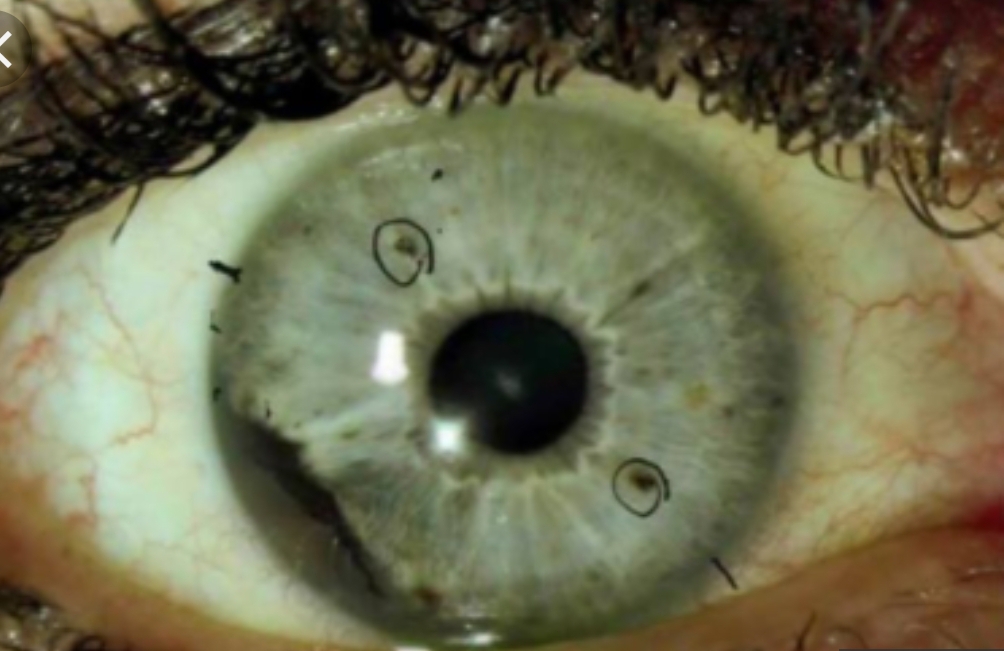By Morgan Bryce
Associate Editor
Last Tuesday, Auburn University issued a statement announcing that it will back funding for research into more than 30 confirmed cases of ocular melanoma among alumni, employees and faculty.
By working with researchers and those diagnosed with the cancer, the school said it is striving to determine the underlying cause behind this surge of a disease that normally affects men over the age of 50 and has an incidence rate of every 5-in-1 million people.
“We are engaging geospatial research experts to gather and analyze data that, among other things, will explore potential links to ocular melanoma in this area, none of which have been definitively found in any previous studies for this very rare cancer. This could help indicate the right and additional paths for future research in finding causes and treatments in the hope of developing a cure,” a statement from Auburn’s Office of Communications and Marketing read.
The Observer first reported news of this cancer cluster in February, when the number was at 13 confirmed cases.
Those diagnosed with the disease formed the Auburn Ocular Melanoma Facebook group, which has been actively advocating the university and state to pitch in funding for research.
In March, Sen. Larry Stutts from Alabama’s Senate District 6 proposed a $100,000 amendment to the Senate Finance and Taxation Education Committee for its FY2019 budget for research funding to determine the cluster’s cause, but the motion failed.
With their recent action, the university has agreed to fund up to $50,000 for the first leg of research, which will be paired with the $22,000 that the Facebook group has raised on its own.
Donations will continue to be accepted through the group’s Facebook page as the second and third phases – genetic and environmental tests – are expected to cost a combined $150,000.
For more information or updates on this developing story, like and follow the Auburn Ocular Melanoma Facebook page.
Below is the full statement from the university:
“Since we first became aware that several members of the Auburn family were diagnosed with ocular melanoma, we have had collaborative communications with experts on melanoma from around the nation, and we have worked closely with state public health officials. These communications are ongoing as the experts assist in determining what next steps should be taken in the best interests of the patients who are battling this cancer.
We have also provided informational resources and updates to the campus community and beyond so those concerned have the latest information that is available.
In addition, we are engaging geospatial research experts to gather and analyze data that, among other things, will explore potential links to ocular melanoma in this area, none of which have been definitively found in any previous studies for this very rare cancer. This could help indicate the right and additional paths for future research in finding causes and treatments in the hope of developing a cure.”

